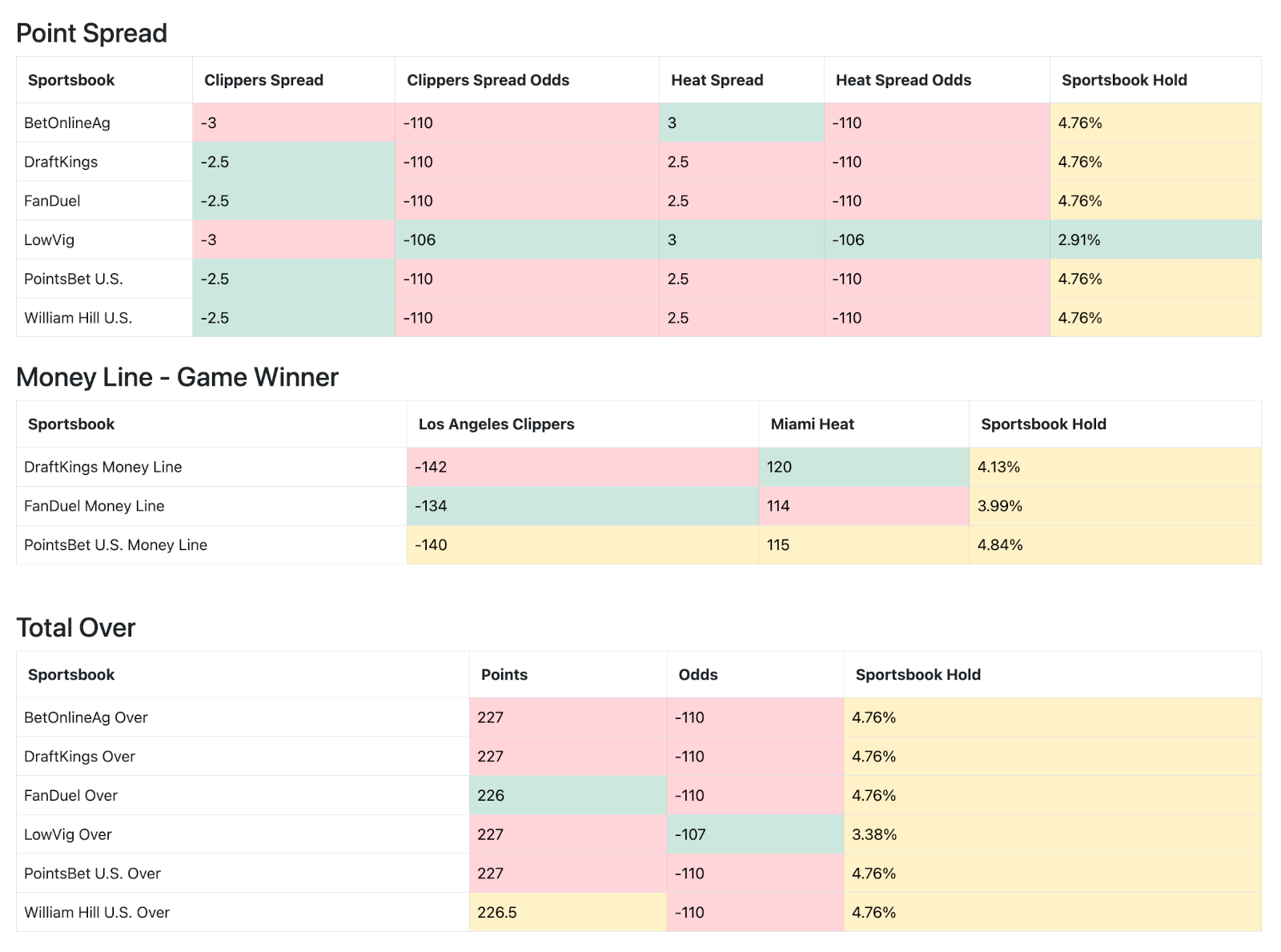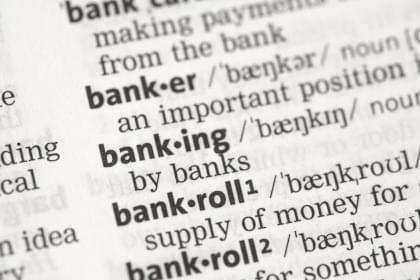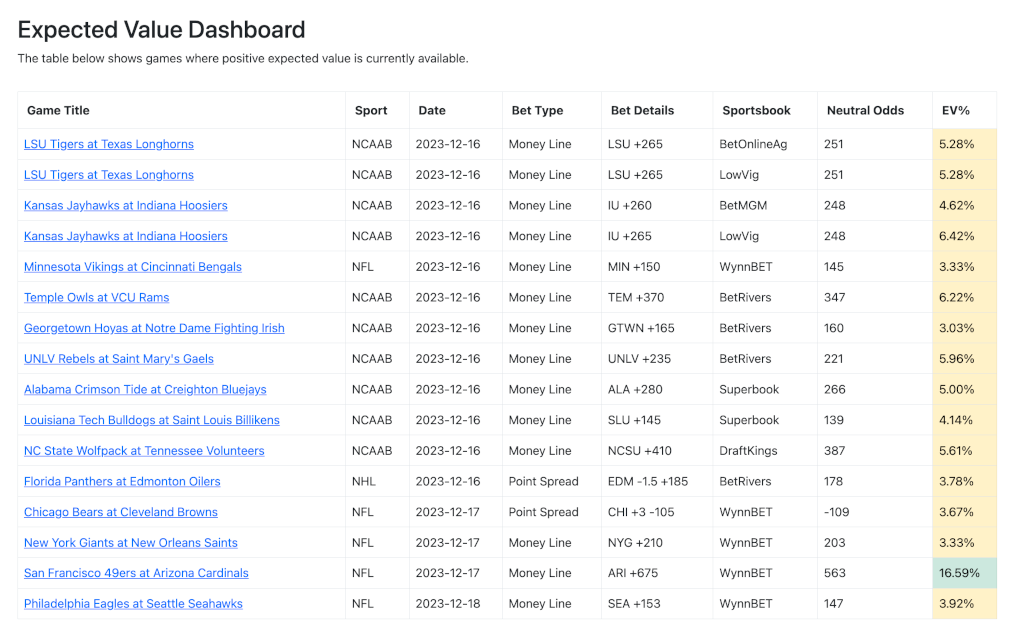Have you ever wondered how sportsbooks come up with the odds for your favorite games? The answer lies in a concept known as the hold, a critical component of the bookmaking process that often goes unnoticed by the casual bettor. Understanding the hold is like uncovering the secret formula behind those enticing betting lines, and it reveals just how sportsbooks maintain their edge in an industry where precision and foresight are paramount.
When you're scanning through upcoming matchups, searching for that perfect wager to place, you may not realize that behind each set of odds lies a carefully calculated hold designed to tilt the scales in favor of the house. In this article, we'll delve into the intricate world of sportsbook operations, deciphering how they manipulate probabilities and maximize profits through strategic use of the hold. By shedding light on this elusive aspect of sports betting, you'll gain a newfound perspective on how game odds are formulated and learn to navigate them with greater insight and savvy.
What is a sportsbook hold?
The hold in sports gambling refers to the percentage of total wagers that a sportsbook expects to keep as profit. Essentially, it is the sportsbook's built-in advantage over bettors, ensuring a steady stream of income regardless of the game's outcome. Sportsbooks carefully set odds and betting lines to manipulate the hold in their favor, making it more difficult for bettors to consistently win.
To ensure profit, sportsbooks adjust the odds and betting lines based on various factors such as public opinion, team performance, and injury reports. By balancing their book with equal action on both sides of a bet, they can limit potential losses and increase the likelihood of keeping a portion of every wager made. Additionally, they closely monitor betting patterns and will make quick adjustments if necessary to maximize their hold.
Understanding the hold provides insight into how sportsbooks maintain profitability while offering competitive odds to attract bettors. This knowledge empowers gamblers to approach wagering with caution and strategic thinking in order to navigate the inherent advantage held by sportsbooks.
An example of "The Hold"
Let's take a specific example to shed some light on this concept. Imagine a sportsbook offering odds of +140 for one team and -170 for the other in a baseball game. The total implied probability here is over 100%, which means the sportsbook has set itself up to make a profit regardless of the outcome. In this case the total implied probability is 104.42%, meaning the sportsbook has given itself a 4.42% hold on the game.
This discrepancy in odds showcases how sportsbooks ensure they make money by carefully balancing their books. By setting uneven odds, they can guarantee themselves a profit no matter which side wins. It's an intricate dance of risk management and probability calculation that allows sportsbooks to thrive while providing an opportunity for bettors to engage with their favorite sports.
Is the hold the same at every sportsbook?
When it comes to setting game odds, sportsbooks do not always calculate the hold in the same way. As we already know, the hold refers to the percentage of bets that the sportsbook expects to keep as profit over time, and this can vary based on various factors such as market competition, customer preferences, and risk management strategies. Some sportsbooks may set odds with a higher hold in order to maximize profits, while others might opt for a lower hold in an effort to attract more bettors.
Additionally, different sportsbooks might have varying approaches to calculating their holds based on their unique business models and target markets. Factors such as regional popularity of certain sports, customer demographics, and marketing strategies can all influence how sportsbooks set their game odds and calculate their holds. As a result, bettors should be aware that not all sportsbooks will offer the same value or potential returns when placing wagers on the same event. Understanding these differences can help bettors make more informed decisions when choosing where to place their bets.
How do you know if you're getting a good hold from a sportsbook?
When it comes to determining if you're getting a good hold from a sportsbook, there are several key factors to consider. First, look at the odds being offered. A reputable sportsbook will consistently provide competitive odds that reflect the true probabilities of an event, rather than skewing them to heavily favor the house. Additionally, examining the range of betting options available can also indicate how well a sportsbook is serving its customers. A diverse selection of bet types and markets suggests that the sportsbook is catering to a wide audience and taking their needs into consideration.
Another indicator of a good hold from a sportsbook is transparency and fairness in their operations. Check for clear terms and conditions, as well as fast and reliable payouts when you win. A trustworthy sportsbook will prioritize customer satisfaction and operate with integrity, ensuring that your experience is not only enjoyable but also fair and secure. By paying attention to these elements, you can gauge whether or not you're receiving a good hold from your chosen sportsbook.
Despite the abundance of hold calculators online, they fail to offer comparisons of holds across different sportsbooks. Instead, they only show the hold at an individual sportsbook. The Cappers application, however, excels in guiding customers to the best and worst sportsbook holds. Through the app's interface, users can access odds from approximately twelve sportsbooks and view them in a table alongside handicapping results for each game. This table also includes calculations of the hold from each sportsbook, with color-coding used to highlight which books offer favorable, moderate, or unfavorable holds.

In conclusion, understanding how sportsbooks calculate the hold is crucial for bettors to make informed decisions. By recognizing that the odds are designed to favor the house, bettors can use tools like the Cappers app to identify where value exists and maximize their potential returns. Comparing holds across different books allows users to strategically place their bets with a higher chance of success. Ultimately, taking the time to analyze holds and seek out favorable odds can greatly impact one's betting experience and overall success. So next time you're considering placing a bet, remember to leverage resources like the Cappers app to make the most of your wagers.
If you're hesitant about joining Cappers, it's worth mentioning that we provide an unrestricted trial of our app at no cost. Throughout the trial period, you'll have full access to all our sports handicapping tools. If you opt to cancel before the trial ends, there will be no fees incurred. To begin, please go to app.cappers.ai.






